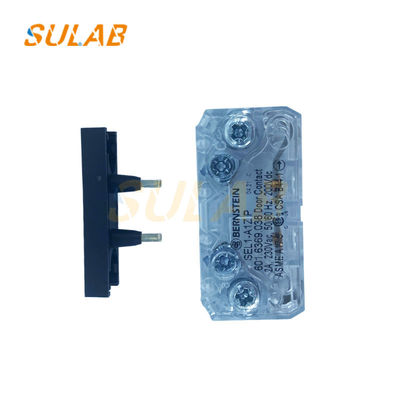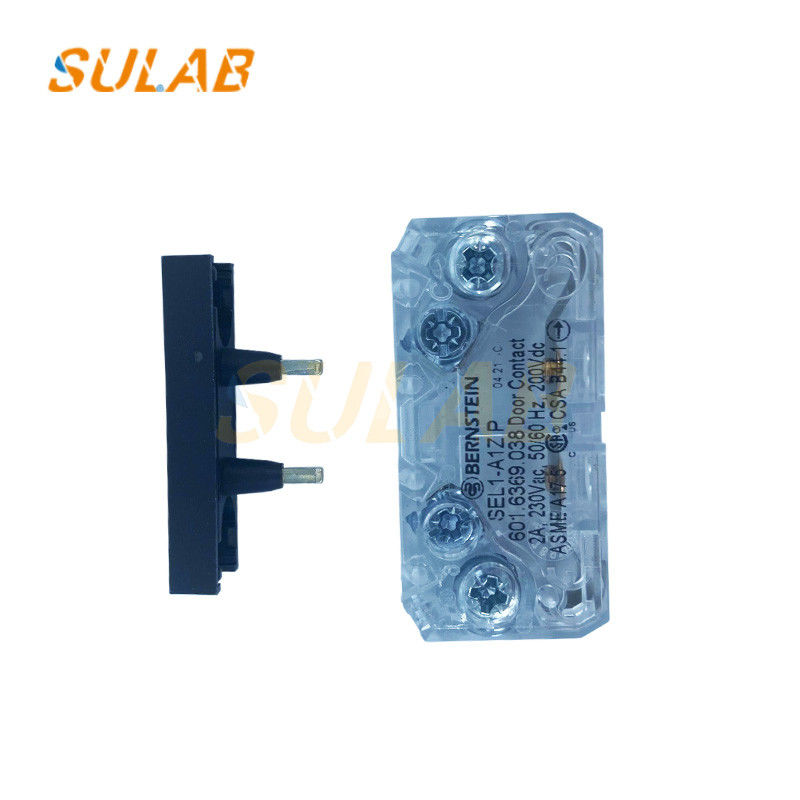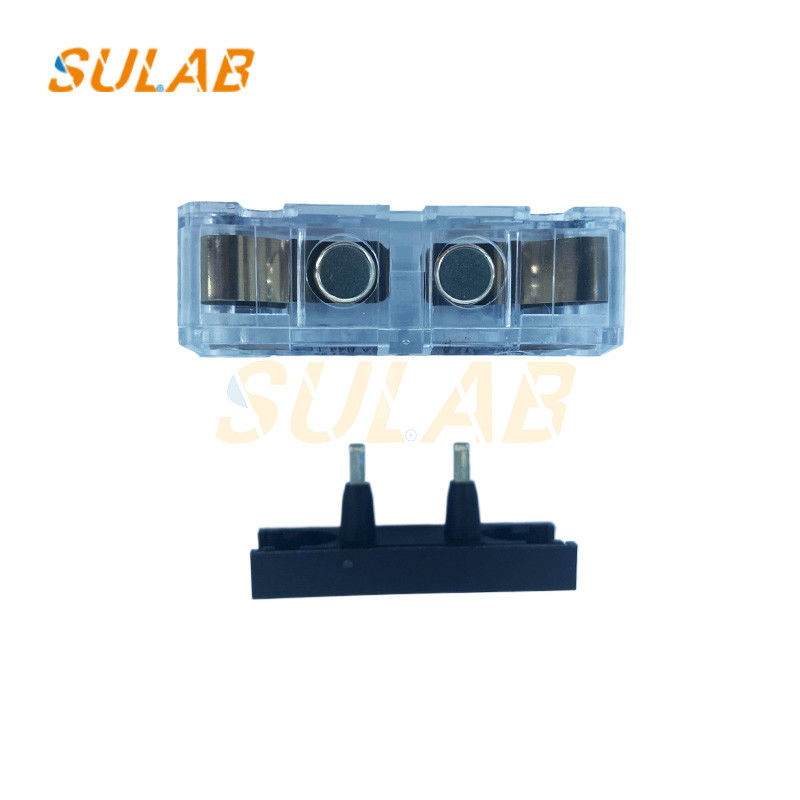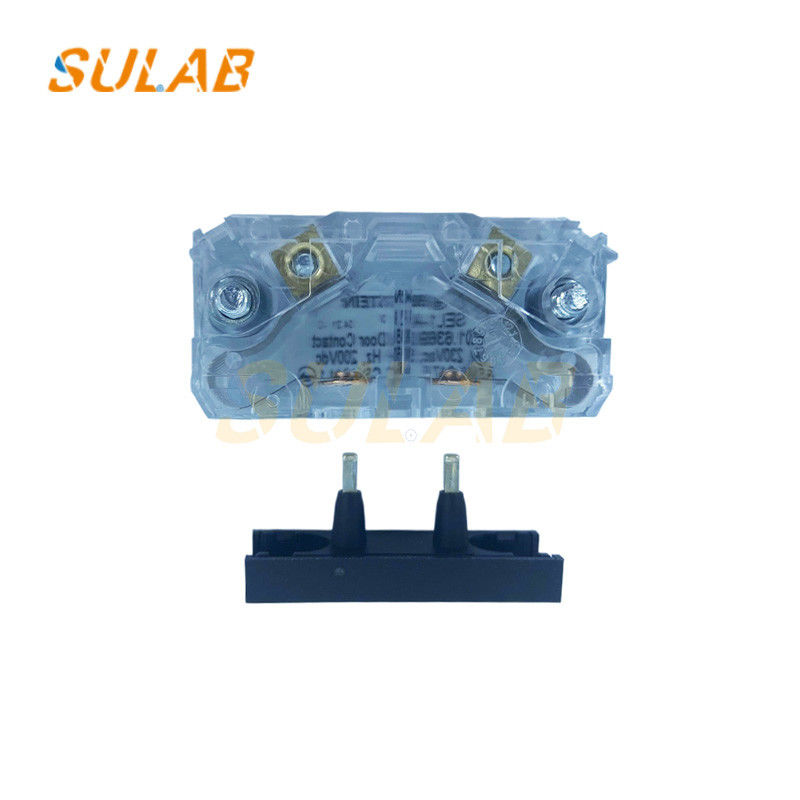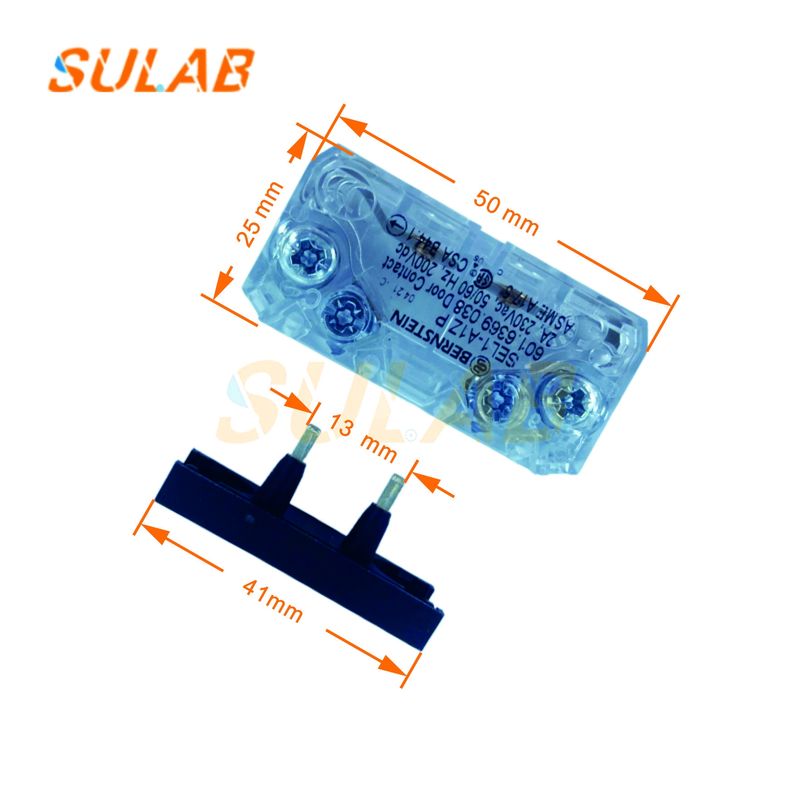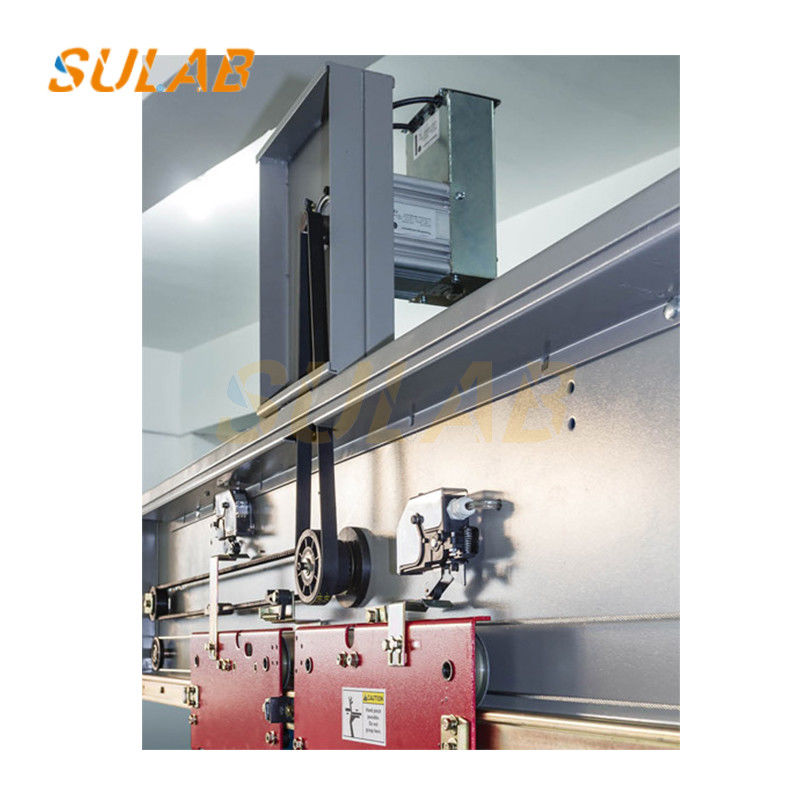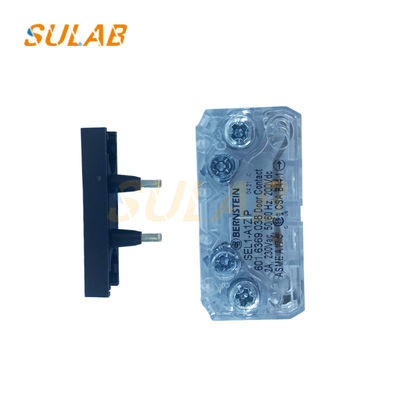
Elevator Door Lock Switch Elevator Door Contact Switch Elevator Contactor Lifting Door Contact SEL1-A1ZP
-
Highlight
Elevator Lifting Door Contact Switch
,Elevator Door Lock Switch
,SEL1-A1ZP Elevator Door Contact Switch
-
BrandSULAB
-
DescriptionElevator Parts
-
ModelSEL1-A1ZP
-
MOQ1PC
-
TransportionTNT, UPS, DHL, Fedex, Air, Sea
-
ApplicableElevator
-
PackagesCarton, Wooden Case, Pallet Etc
-
Delivery TimeNormally 2-3 Working Days After Payment
-
WarrantyOne Year
-
Payment MethodCompany Bank, Western Union, Alibaba, Paypal Etc
-
DescriptionElevator Parts
-
ModelFB-9B
-
Brand NameSULAB
-
Model NumberSEL1-A1ZP
-
Minimum Order Quantity1PC
-
Delivery TimeNormally 2-3 working days after payment
-
Payment TermsL/C,D/A,D/P,T/T,Western Union,MoneyGram
Elevator Door Lock Switch Elevator Door Contact Switch Elevator Contactor Lifting Door Contact SEL1-A1ZP
Elevator Door Lock Switch Elevator Door Contact Switch Elevator Contactor Lifting Door Contact SEL1-A1ZP
Function:
As a key component in the elevator door system, the SEL1 - A1ZP elevator door contact is mainly responsible for controlling the opening and closing of the elevator door. When the elevator reaches the target floor and stops at the same level, the control system will send a signal to the door machine system. At this time, the door contact will receive the signal and trigger the relevant mechanism to open the elevator door smoothly, making it convenient for passengers to enter and exit. When the elevator is about to leave the floor, the door contact will ensure that the elevator door can be closed accurately and work with the door lock device to ensure that the door is in a reliable closed and locked state during the operation of the elevator, preventing the door from opening accidentally, thereby ensuring the safety of passengers.
| Brand | SULAB |
| Description | Elevator parts |
| Model | SEL1-A1ZP |
| MOQ | 1PC |
| Transportion | TNT, UPS, DHL, Fedex, Air, Sea |
| Applicable | Elevator |
| Packages | Carton, Wooden case, Pallet etc |
| Delivery Time | Normally 2-3 working days after payment |
| Warranty | One year |
| Payment Method | Company Bank, Western union, alibaba, Paypal etc |
Working principle:
Elevator door contacts usually work based on the principle of electrical connection and disconnection. When the door is closed and locked well, the contacts are closed to form a complete electrical circuit, sending a signal to the elevator control system that the door is closed and safe, allowing the elevator to operate normally. When the door needs to be opened, the control system sends a door opening signal, which activates the contacts through the drive device, disconnects the circuit, and triggers the door machine motor to operate, driving the door to slide and open along the guide rail. During the process of opening and closing the door, the state of the contacts will be fed back to the control system in real time so that the system can monitor the operating status of the door.
Common faults and effects:
Contact wear: After long-term use, the contact surface of the contact may be worn due to frequent on-off operations, resulting in increased contact resistance. This may cause the signal received by the elevator control system to be unstable, resulting in the door still showing that the door is not closed after closing, or the door machine system malfunctioning during the operation of the elevator.
Dust or debris accumulation: If the maintenance is not proper, dust, debris, etc. are easily accumulated around the contacts, which may affect the normal closing and disconnection of the contacts. For example, the contacts cannot be fully contacted when closing the door, so that the door cannot be closed properly, or the contacts cannot be disconnected in time when opening the door. The continuous operation of the door machine may cause excessive opening of the door or damage to other mechanical parts.
Failure of elastic components: The elastic components of the contacts, such as springs, may lose their elasticity due to fatigue, aging, etc. This will lead to insufficient pressure on the contacts, and good electrical contact cannot be guaranteed, which will cause problems similar to increased contact resistance, such as elevator door system fault alarms, and doors cannot be opened and closed normally.
